LAHORE, Jan 3: Civil society organisations and concerned citizens have called upon the governments of Pakisatn and India to resist the temptation of violating each other’s territorial integrity and resume the composite dialogue without delay at a joint meeting held here on Saturday.
Briefing the newsmen about the proceedings of the meeting at the Lahore Press Club, Human Rights Commission of Pakistan chairperson Asma Jehangir, director I.A.Rehman and other participants said they had urged the two governments to exercise restraint and use their resources for solving the problems of the people instead of war.
Militancy growing in strength in both the countries should be countered with better understanding rather than polarisation.
They said the Pakistan government must no longer stay in a state of self-denial. India too must bear in mind that militant groups and extremists thrive in a state of conflict and polarisation. Both governments must sincerely redouble their efforts for addressing the rise of militant groups in the region.
The Pakistan government should not miss the opportunity of devising an effective strategy to overcome the menace of terrorism that is posing a greater threat to this country than any other nation.
They said the participants of the meeting had condemned the recent terrorist attack on Mumbai and extended heartfelt condolence and sympathy to the victim families.
Likewise they had condoled and sympathised with the victims of terrorism in Delhi, Kabul, Swat, other parts of the NWFP and FATA. Pakistan's civil society was alarmed at the loss of life, denial of education to girls and large-scale displacement of civilians in FATA and Swat.
A joint statement issued by them said that the influence of militant groups was rapidly growing in all parts of the country without any effective challenge by the government.
Regrettably, there appeared to be a total absence of a cohesive policy by the government of Pakistan to protect its own citizens and absence of any strategy to challenge militant outfits operating with impunity within and outside the country.
They regretted that the media in both India and Pakistan had failed to present the Mumbai outrage in a proper context and, instead, used the event to fuel hostility between India and Pakistan.
It aided warmongers on both sides to whip up war hysteria. Quite ironically, terrorism, which should have brought India and Pakistan together to defend peace and people's security, pushed them to the brink of a mutually destructive war.
Confrontation between these two closest neighbours had never had such a puerile basis.

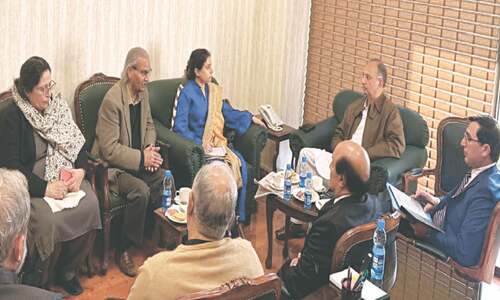
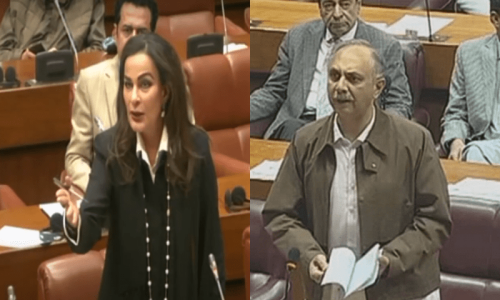












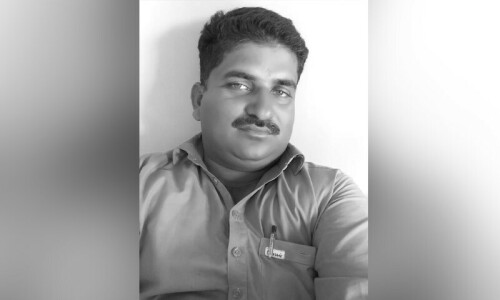
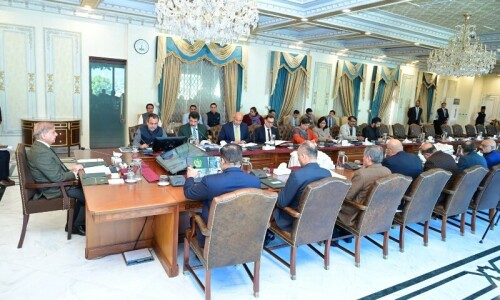


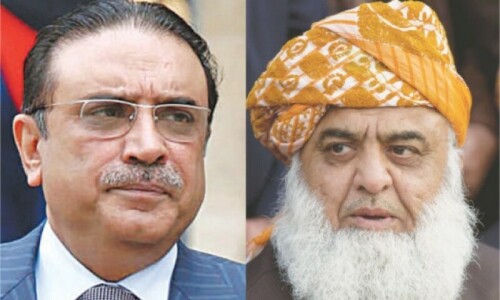


























Dear visitor, the comments section is undergoing an overhaul and will return soon.